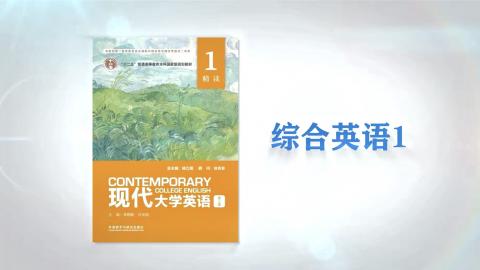Every place can regard as the centre of the world.
At the end of paragraph 5, the author said "I had been wondering for some time about what educators like to call 'learning moments,' and I now knew I had just experienced two of them at once. Here are the questions: what is a learning moment? What are the two moments according to the author?
161 回复
-

-

At first, the author didn't know the uses of green bananas. However, after the car radiator broke down and the local people used green bananas to solve the problem, he realized that one should not underestimate the knowledge in any local culture. Just like green bananas, which were merely regarded as unripe fruits in his previous perception, but in the local context of Brazil, they played an unexpected practical value.
-

-

In "The Green Banana", "learning moments" refers to the moments of learning and comprehension.
In the article , the first epiphany was that the author realized that every local culture has its own unique knowledge and wisdom. At first, the author didn't know the uses of green bananas. However, after the car radiator broke down and the local people used green bananas to solve the problem, he realized that one should not underestimate the knowledge in any local culture. Just like green bananas, which were merely regarded as unripe fruits in his previous perception, but in the local context of Brazil, they played an unexpected practical value.
The second epiphany was about the perspective of viewing the world. The author shifted from his inherent concept of the so-called "center of the world" to understanding that each different culture has its own core value, and the knowledge contained in each culture might become a "center of the world". We should respect cultural differences and recognize that each culture might be an important source of knowledge. -

-

-

-

-

-

-

-

True love does exist. It always depends on the qualities of people. If they have integrity, honesty, willingness to interact and share something in common, true love exists.Also, true love should not be defined as affection between a man and a woman. Friendships and family also include love, even more devoted and eternal. It is true love that gives meanings to them and lasts forever.
-

Triggering event: In the process of interacting with locals, "I" see them proficiently using various natural materials to solve problems in their daily lives, and these seemingly simple methods contain profound life philosophies.
Insight content: "I" realize that there are many different cultures and knowledge systems in life, each with its unique wisdom and value. We should respect and learn from these diverse intelligences, rather than relying solely on our familiar knowledge and experience. This epiphany reflects a profound understanding and respect for cultural diversity and intellectual diversity. -

-

-

-

-

-

-

-

The second epiphany was about the perspective of viewing the world. The author shifted from his inherent concept of the so-called "center of the world" to understanding that each different culture has its own core value, and the knowledge contained in each culture might become a "center of the world". We should respect cultural differences and recognize that each culture might be an important source of knowledge.
-

-

-

In "The Green Banana", "learning moments" refers to the moments of learning and comprehension.
In the article , the first epiphany was that the author realized that every local culture has its own unique knowledge and wisdom. At first, the author didn't know the uses of green bananas.
-

-

-

In "The Green Banana", "learning moments" refers to the moments of learning and comprehension.
In the article , the first epiphany was that the author realized that every local culture has its own unique knowledge and wisdom. At first, the author didn't know the uses of green bananas. However, after the car radiator broke down and the local people used green bananas to solve the problem, he realized that one should not underestimate the knowledge in any local culture. Just like green bananas, which were merely regarded as unripe fruits in his previous perception, but in the local context of Brazil, they played an unexpected practical value.
The second epiphany was about the perspective of viewing the world. The author shifted from his inherent concept of the so-called "center of the world" to understanding that each different culture has its own core value, and the knowledge contained in each culture might become a "center of the world". We should respect cultural differences and recognize that each culture might be an important source of knowledge. -

-

-

添加回复
 您确定给 “0” 位老师发送协议吗?
您确定给 “0” 位老师发送协议吗?





